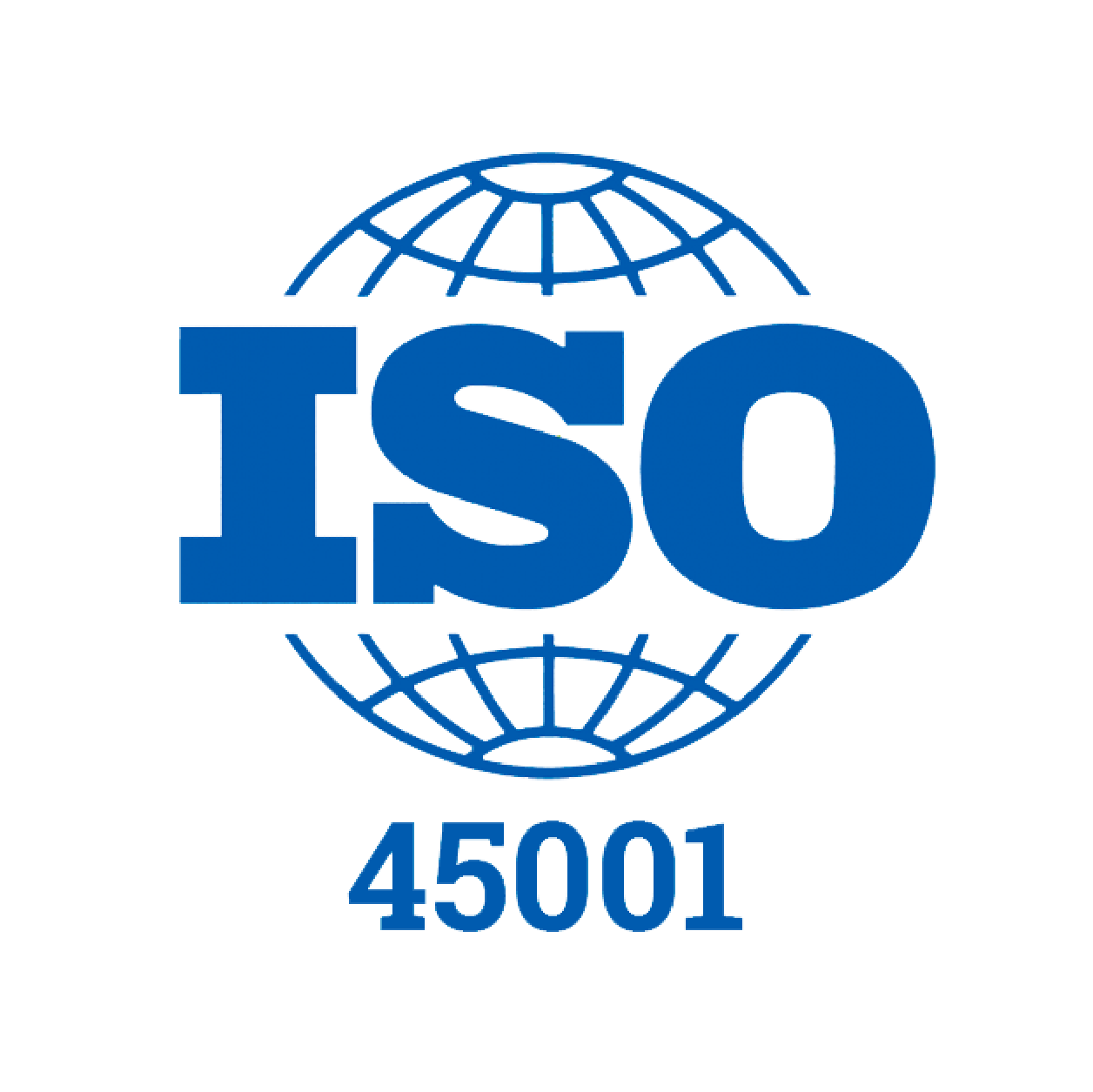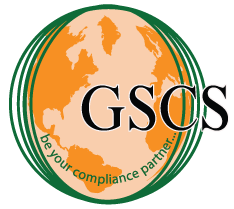
Learn ISO 45001 Auditing with Expert Training by GSCS International
Introduction
ISO 45001, the international standard for Occupational Health and Safety Management Systems (OHSMS), provides a framework to improve employee safety, reduce workplace risks, and enhance productivity.
If you want to master ISO 45001 auditing and become a certified professional, GSCS International offers expert-led training programs to equip you with the necessary skills and knowledge. This comprehensive guide explores the importance of ISO 45001 auditing, the benefits of certification, and how GSCS International’s training can help you advance your career.
What is ISO 45001?
ISO 45001 is a global standard aiming to improve employee safety, reduce workplace hazards, and enhance working conditions worldwide. It replaces the OHSAS 18001 and easily integrates with other ISO standards like ISO 9001 and ISO 14001.
Why ISO 45001 Lead Auditor Training is Important
Within an occupational health and safety system, auditing is a critical function. A certified ISO 45001 auditor is responsible for:
- Carrying out internal and external audits
- Compliance with ISO 45001 requirements
- Gap analysis and recommendation
- Overall enhancement of the organizational safety culture.
Not only does lead auditor training improve auditing skills, but it also empowers professionals to work in teams and manage IT programs.
Key Objectives of ISO 45001:
- Ensuring the safety and health of employees and visitors in the workplace.
- Eliminating injuries, illnesses, and fatalities that are work-related.
- Meeting all applicable laws and regulations.
- Enhancing the performance of occupational health and safety continually.
Benefits of ISO 45001 Auditor Training
Job Opportunities: Internationally recognized, the certification impacts CTS hiring as an internal auditor, compliance head, internal audit manager, and even lead auditor positions across all the seas.
Enhancing Safety for Workers: Take an active role in maintaining organizational safety and reducing business risks.
Legal and Regulatory Compliance: Learn to audit for compliance with occupational safety and health legal statutes and relevant ISO standards.
Confidence and Leadership Skills: Exercise leadership is where you draft and implement the audit plan, oversee the audit, and manage the follow-up action, in which you report on the improvement activities.
Enhance Business Reputation: Certification demonstrates a commitment to employee well-being, boosting stakeholder confidence.
Reduce Costs: Preventing accidents minimizes downtime, insurance claims, and legal penalties.
Types of ISO 45001 Audits
There are three main types of audits under ISO 45001:
- Internal Audits (First-Party Audits) – Conducted by an organization’s trained auditors to assess compliance.
- External Audits (Second-Party Audits) – Performed by customers or stakeholders to evaluate supplier compliance.
- Certification Audits (Third-Party Audits) – Conducted by accredited certification bodies like GSCS International to grant ISO 45001 certification.
How to Become an ISO 45001 Auditor?
Becoming a certified ISO 45001 auditor requires specialized training and practical experience. Here’s a step-by-step pathway:
1. Understand ISO 45001 Requirements
Before auditing, you must thoroughly comprehend the standard’s clauses, including:
- Context of the Organization (Clause 4)
- Leadership & Worker Participation (Clause 5)
- Planning & Risk Assessment (Clause 6)
- Support & Operational Controls (Clauses 7 & 8)
- Performance Evaluation & Improvement (Clauses 9 & 10)
2. Enroll in an ISO 45001 Auditor Training Program
GSCS International offers structured training courses covering:
- Principles of OHSMS auditing
- Audit planning, execution, and reporting
- Identifying non-conformities and corrective actions
- Best practices for compliance
3. Gain Practical Auditing Experience
- Hands-on experience is crucial. Participate in mock audits, case studies, and real-world assessments.
4. Get Certified as an ISO 45001 Lead Auditor
- After completing training, you can take an accredited exam to become a Certified ISO 45001 Lead Auditor, enhancing your career prospects.
Who Should Attend ISO 45001 Auditor Training?
This course is highly recommended for:
Health & Safety Experts – Wanting to improve their auditing skills.
OHSMS Delegates – Implementing and managing the system.
Internal Auditors – Planning to become certified under ISO 45001.
Advisors & Consultants – Offering organizational compliance services.
Environmental & Quality Auditors – Venturing into occupational safety.
Why Choose GSCS International for ISO 45001 Training?
GSCS International has named itself globally in terms of ISO certification and training services. Here is what sets them apart:
Accredited Trainers: Highly qualified professionals with years of auditing experience
International Recognition: Widely accepted and acknowledged certificates
Flexible Learning Modes: Choice of online, in-person, or blended classes
Real-World Relevance: Audit simulations as well as practical case studies to prepare you for real work
Post-Training Support: Assistance in audits, system implementation, career pathways, and mentoring
GSCS International’s ISO 45001 training prepares you if you are a compliance manager, HR, auditor, or even a safety officer.
Conclusion
ISO 45001 auditing is a critical skill that supports safer and more efficient workplaces. By enrolling in the ISO 45001 Lead Auditor Training with GSCS International, you not only enhance your professional credentials but also become a key player in promoting occupational health and safety.
If you are ready to lead audits, drive safety performance, and ensure compliance with global standards, GSCS International is your go-to training partner.
Enroll now and take the first step toward becoming a certified ISO 45001 Lead Auditor!
FAQ:
To become an ISO 45001 auditor, you need to complete a certified lead auditor training course, pass the assessment, and gain auditing experience.
Organizations can become ISO 45001 certified by implementing a compliant OH&S management system and passing an external certification audit.
The 7 core elements are: Context of the Organization, Leadership, Planning, Support, Operation, Performance Evaluation, and Improvement.
The course trains individuals to conduct and lead audits of OH&S management systems in accordance with ISO 45001 and ISO 19011.
Course fees vary by provider, but at GSCS International, fees are competitive and include study material, exams, and certification. Contact GSCS for the latest rates.
